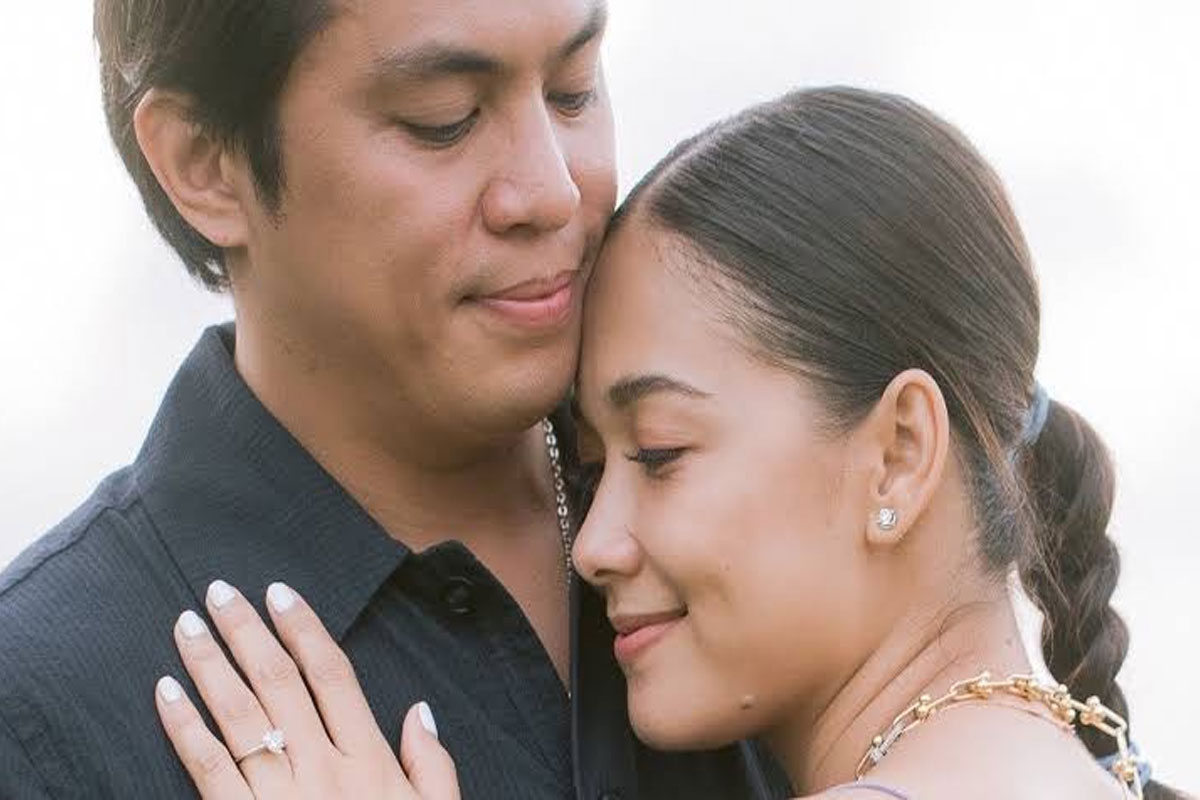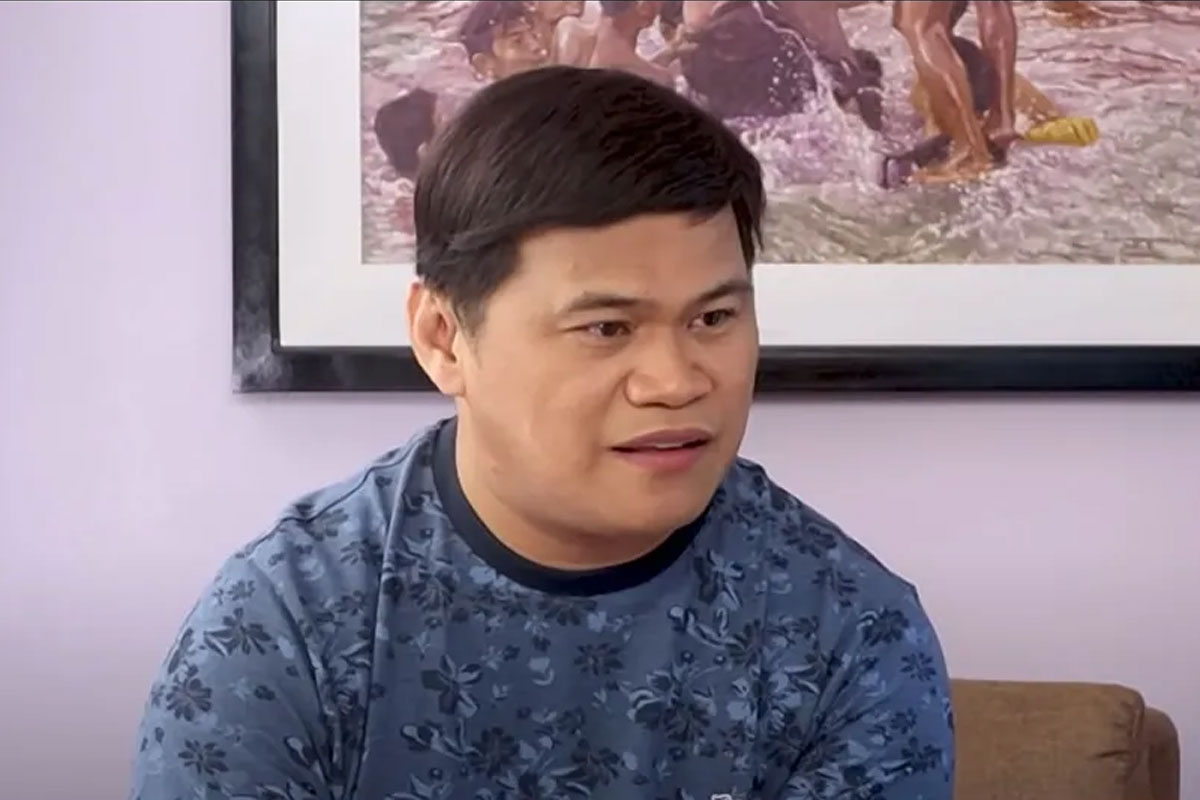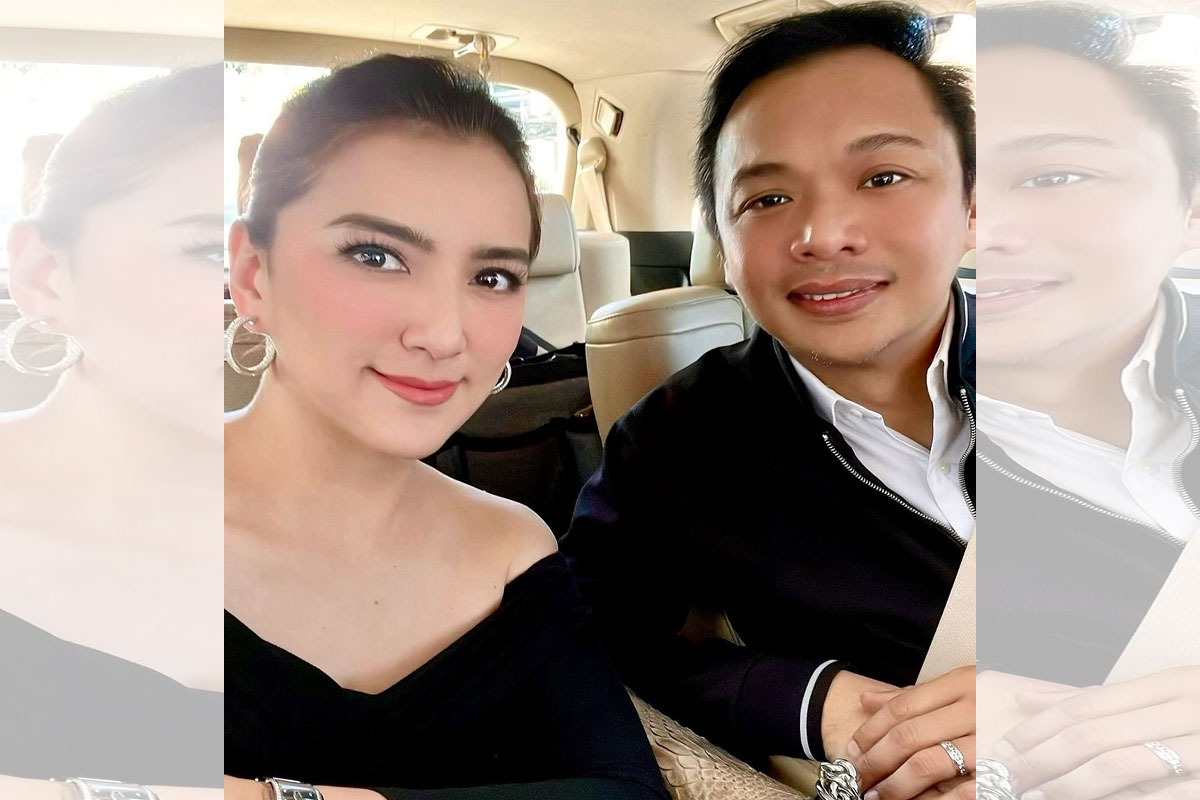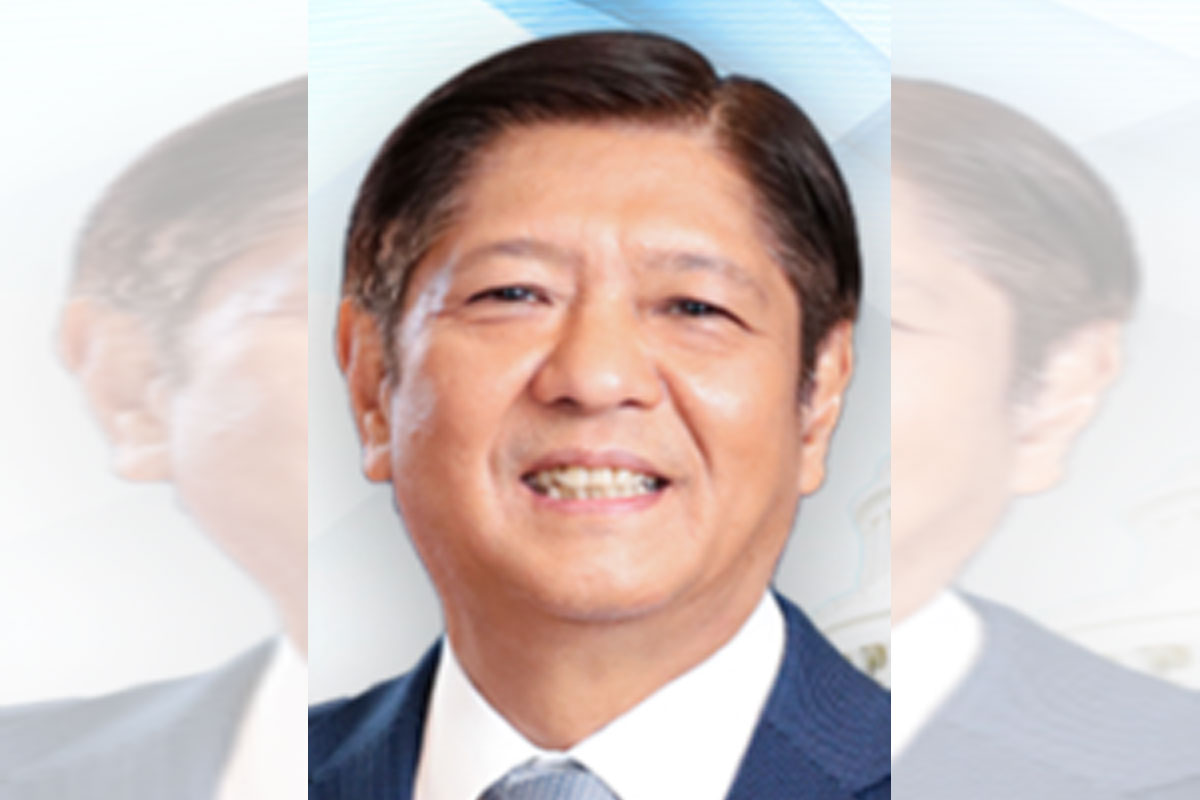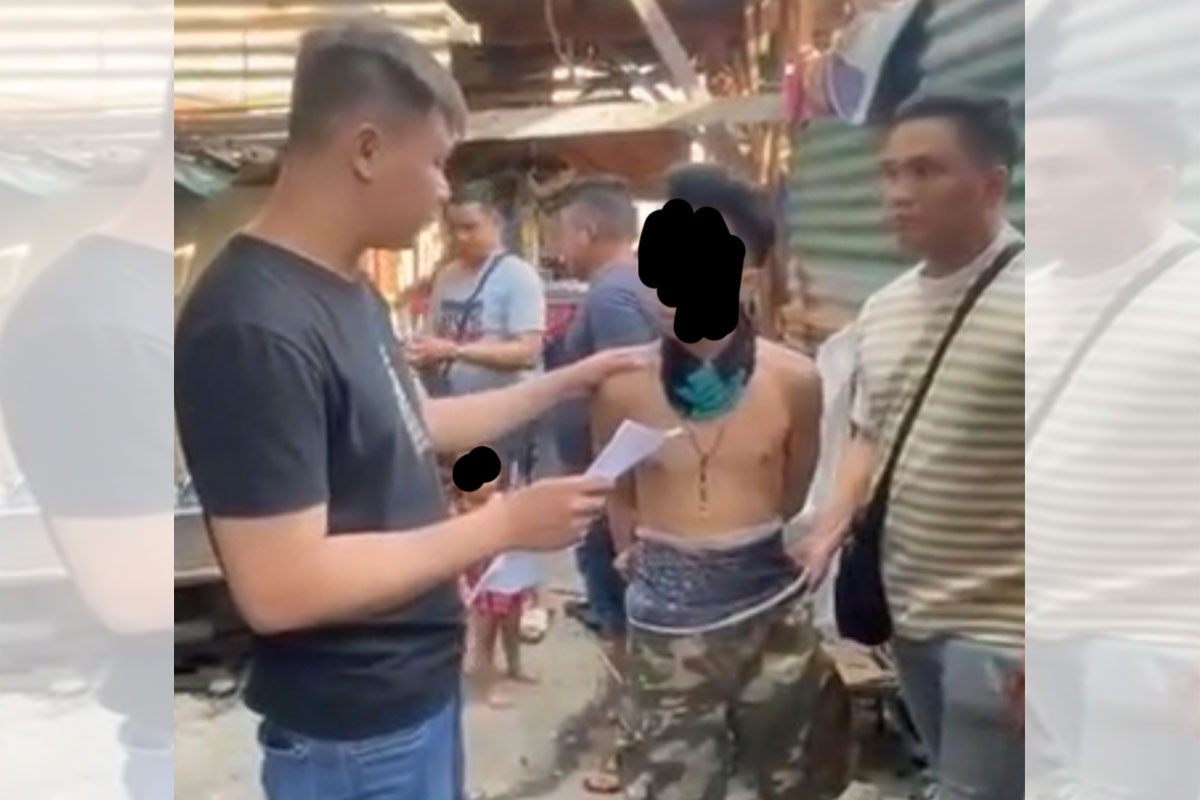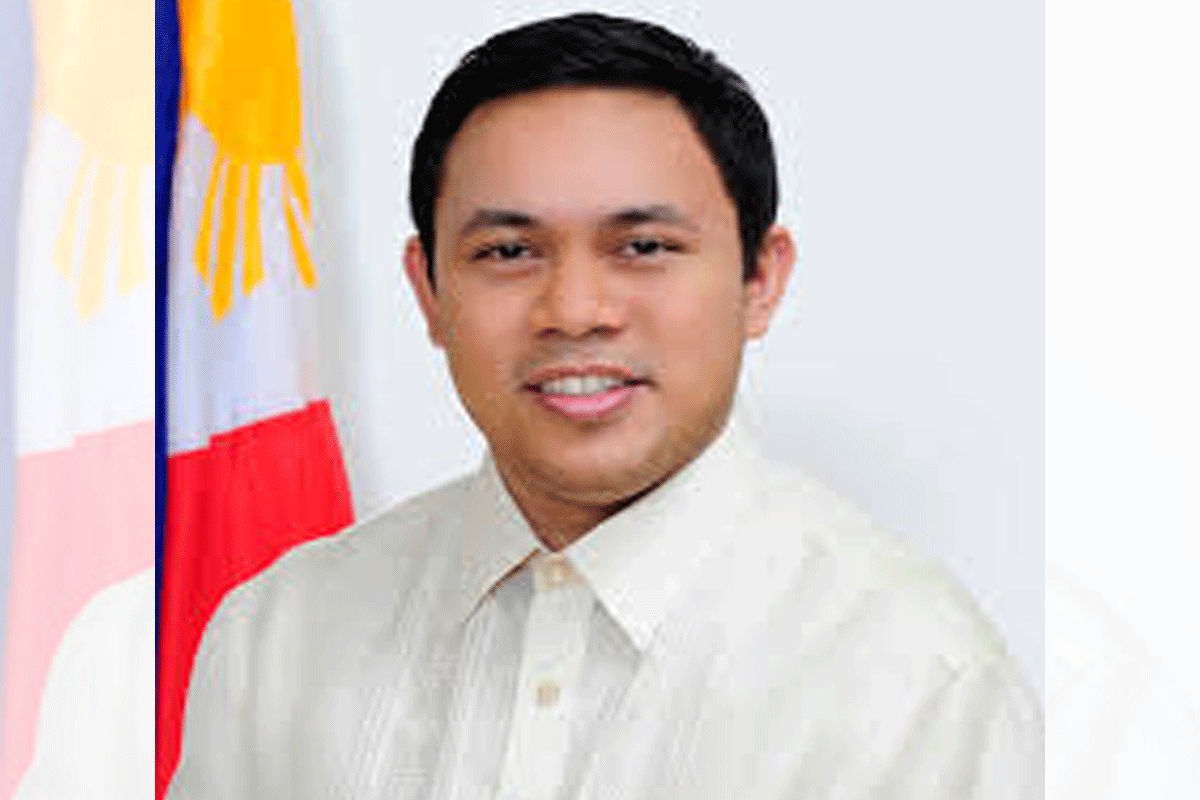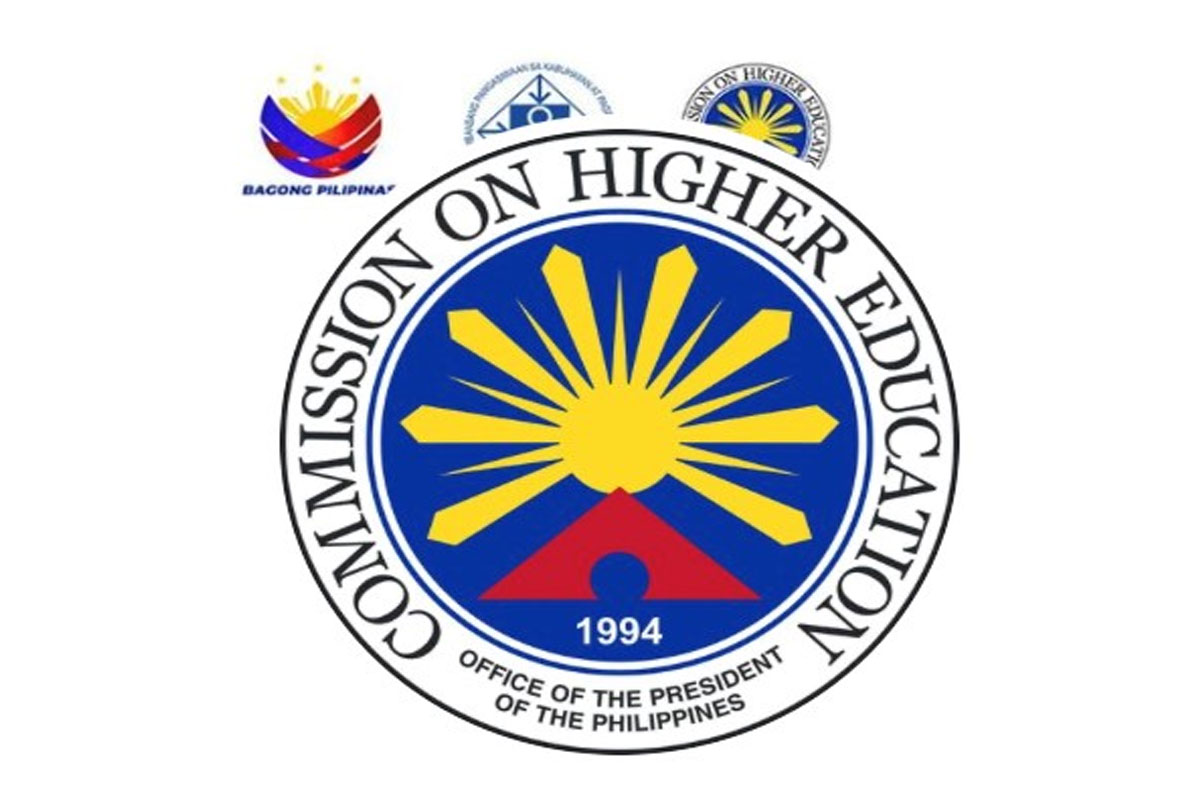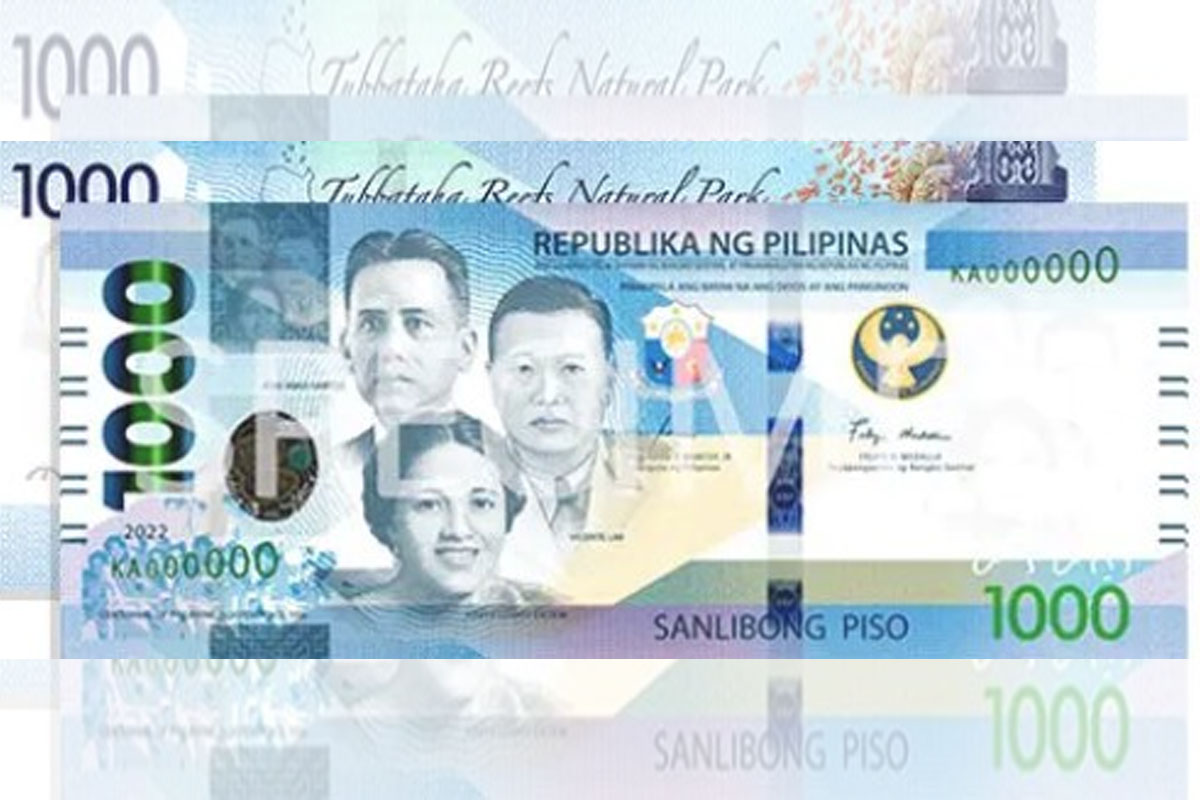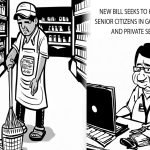
DEMOCRACY 101
 The Philippines is a democratic and republican state. Sovereignty resides in the people and all government authority emanates from them (Philippine Constitution Art. II Sec. 1). Thus, the sovereign or supreme power of the Filipino people (electorate) is exercised when they elect or remove public officials, initiate and/or approve amendments to the Constitution.
The Philippines is a democratic and republican state. Sovereignty resides in the people and all government authority emanates from them (Philippine Constitution Art. II Sec. 1). Thus, the sovereign or supreme power of the Filipino people (electorate) is exercised when they elect or remove public officials, initiate and/or approve amendments to the Constitution.
In a democracy, the right to vote is the expression of the citizens’ sovereign power to participate in running the affairs of their government through the elected public officials who are their representatives. “Suffrage may be exercised by all citizens of the Philippines, not otherwise disqualified by law, who are at least one year and, in the place, wherein they propose to vote, for at least six months immediately preceding the election. No literacy, property, or other substantive requirement shall be imposed on the exercise of suffrage” (Phil. Constitution Art V Sec 1).
The purpose of an election is to give the voters direct participation in the affairs of their government, either in determining who shall be their public officials, or in deciding some questions of public interest (Grand Alliance for Democracy (GAD) vs. COMELEC, 150 SCRA 665, 1987). “Choice or selection of candidates to public office by popular vote through the use of the ballot, and the elected officials which are determined through the will of the electorate; embodiment of the popular will, the expression of the sovereign power of the people” (Rulloda vs. COMELEC, G.R. No. 154198, January 20, 2003).
The Philippines elects on national level a head of state (the President) and a legislature. The president is elected for a six-year term by the people. The vice-president is elected at the same time.
The Philippines elects on a local level governors, vice governors, board members, mayors up to the barangay officials and the Sangguniang Kabataan or youth council members which is mandated in the current Constitution of the Philippines and the Local Government Code of 1991.
The Congress or Kongreso has two chambers. The House of Representatives or Kapulungan ng mga Kinatawan has currently 316 seats elected for three-year terms, of which 253 seats are contested in single seat constituencies and, 63 are allotted to party-lists according to proportional representation, which are only accessible to marginalized and under-represented groups and parties. The Senate or Senado has 24 members who are elected for six-year terms at-large and do not represent any geographical district. Half of the Senate is renewed every three years.
The Philippines has a multi-party system, with numerous parties in which no one party often has a chance of gaining power alone, and parties must work with each other to form a coalition government. The Commission on Elections is responsible for running the elections. Under the Constitution, general elections for the President, Vice President, Congress and local officials occurs after the President and Vice President finishes their terms. While the Congressional elections occurs on mid-term of the incumbent President. Barangay and Sangguniang Kabataan elections are now done at the same time after the Congressional elections.
The Elements of a Clean, Honest, Accurate, Meaningful and Peaceful (CHAMP) Election are as follows: (a) An election law that is fully tuned to provide free and fair elections; (b) An election commission which is fully autonomous and fearless; (c) An electoral procedure that ensure even the smallest man and woman can exercise their right of suffrage freely and without fear; and (d) An electorate which is fully aware of its rights and responsibilities.
Can one person truly make a difference? Each one of us, and all of us can make a difference. No matter how utterly insignificant our one act may seem to be – as a voter, as a pollwatcher, as a member of the BEI.
In a democracy, a single vote has the same value as all the votes cast. It is the great equalizer which does not exclude anyone by reason of gender, social status, ethnicity, and educational attainment. Your vote represents your dignity and your right as a citizen of this country. Your vote also demands from you the responsibility to use it with wisdom and truth. It has been common practice to complain that government is remiss in upholding our rights, not realizing that this came about because we are remiss in our duty to vote for the rights person. One vote, your vote, is the foundation of your democracy.
Think now…our collective response born from one vote freely given for the common good should spell the difference for our country.
————————-oOo——————————
For any personal comments or suggestions, you may call 0917-4805585 or email me at [email protected].


